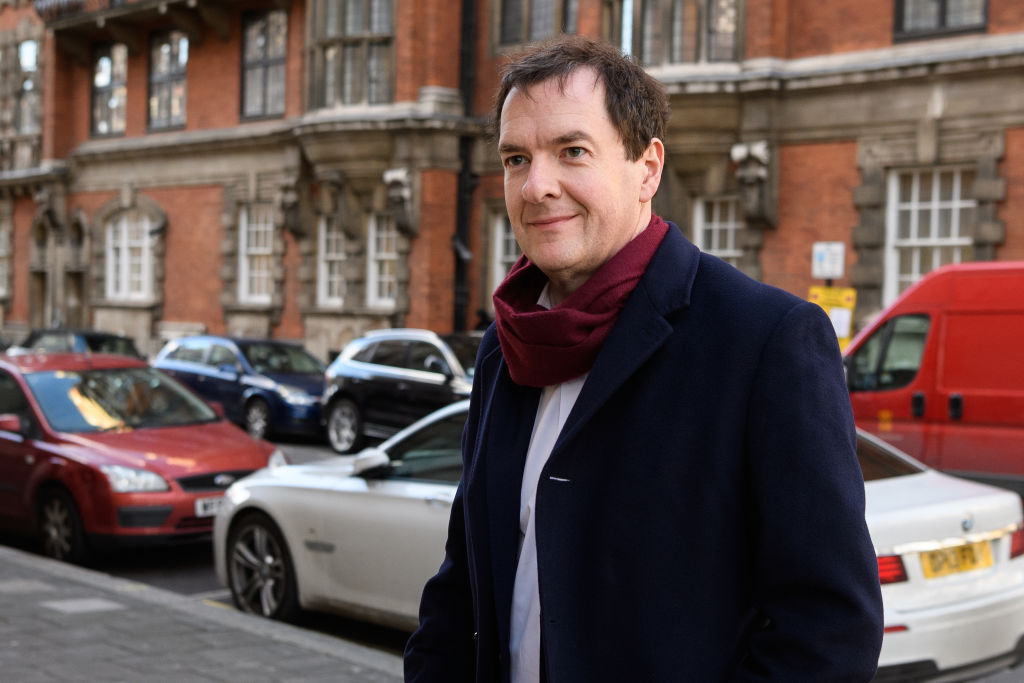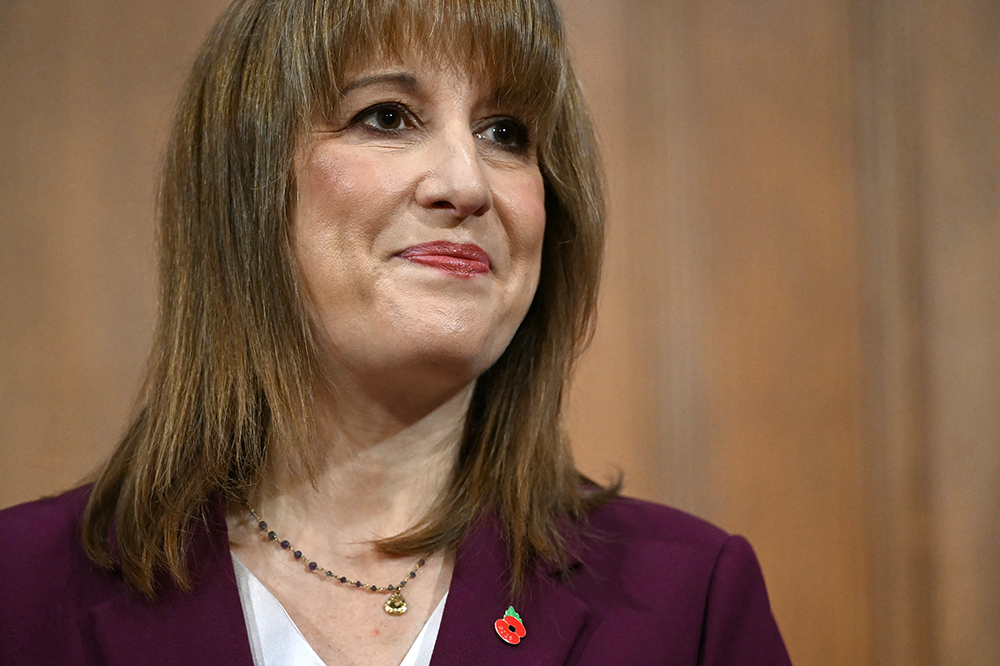Don’t bother going after the Reform UK vote – the next Conservative leader should target voters lost to the Lib Dems instead. So says George Osborne, who told ITV ‘the Conservative party over a number of years vacated the central ground of British politics and allowed the Labour party to move from the Corbynista position it was in to the centre ground.’ The Tories, in other words, should do as he and David Cameron did before winning the 2010 election (or sort of winning it) and put before the electorate a set of reassuringly moderate policies.
What makes Osborne think that he and Cameron occupied this mythical centre ground of British politics?
Just the one problem: what makes Osborne think that he and Cameron occupied this mythical centre ground of British politics? What I remember of the 2010 general election campaign is that the Conservatives went in promising one tax cut – inheritance tax – while saying that taxes would have to rise for the rest of us. It struck me as a rather extreme position aimed at the defence of privilege and old money. In contrast, Nick Clegg was promising to take low-paid workers out of income tax altogether through a sharp rise in the personal tax allowance. That is why I voted Lib Dem in that election. As Chancellor, Osborne continued the theme. For example, he limited child benefit to the first two children – a petty-minded policy which seemed calculated to make life a misery for low-income couples with large families. When it came to the Brexit referendum he treated leaving the EU as if it were an obsession of the political fringe – in spite of the obvious evidence to the contrary, in that Leave went on to gain 52 per cent of the vote.
Did Cameron and Osborne really occupy the political centre ground? Cameron never received more than 36.9 per cent of the popular vote. It was Boris Johnson with a combination of Brexit, social conservatism and relatively high public spending who reached out well beyond the Tory core vote, bagging 43.6 per cent of the popular vote in 2019 and winning the second largest number of votes of any Prime Minister since 1945 (the first, remarkably, was John Major in 1992). Osborne and his fellow Tory grandees have been at it since the 1980s, when they liked to assert that they were the centrists and that the Thatcherites were the extremists – ignoring the obvious evidence that Margaret Thatcher was winning a new constituency of provincial working-class people who had never previously voted Tory.
If Osborne’s theory was halfway correct, we would have seen a surge of support for the Labour party as it completed the “move from the Corbynista position… to the centre ground”. Rather than reaping a centrist dividend, his government ended up winning a smaller share of vote than any postwar governing party.
The subtlety is that the political centre ground varies from one part of the country, and from one socio-economic group, to another. If you are a middle-class metropolitan liberal, David Cameron may well have seemed to represent the centre ground because he backed gay marriage, a touchstone issue for this sector of the population at the time. If you were trying to bring up four children on a council estate on Teesside, on the other hand, Cameron’s Conservatives very likely came across as quite an extreme incarnation of the Tory party because of the benefit cuts.
If you tried to construct a political party which occupied the absolute centre of gravity of the current political views of the UK public it would be in favour of the current (to me very high) levels of taxation and public expenditure (just look at how popular the furlough scheme was during Covid). But it would be mildly resistant to current levels of interference by the state in citizens’ lives, for example over motoring or net zero policies. It would be moderately liberal on social issues, accepting gay marriage but having no truck whatsoever with the idea that anyone should freely be able to choose their gender. It would be generally accepting of people from other cultures but very strongly against illegal migration.
Rishi Sunak’s Conservative party was not in the wrong place politically – rather it suffered from charges of incompetence, which inevitably happens to any party which has been in power for a long time. Getting back into power will not mean favouring one brand of ex-Tory voter over another (i.e. those who plumped for Reform or the Lib Dems). It will mean waiting for Starmer and Labour to become unpopular and then bidding for power while frightening as few people as possible.








Comments